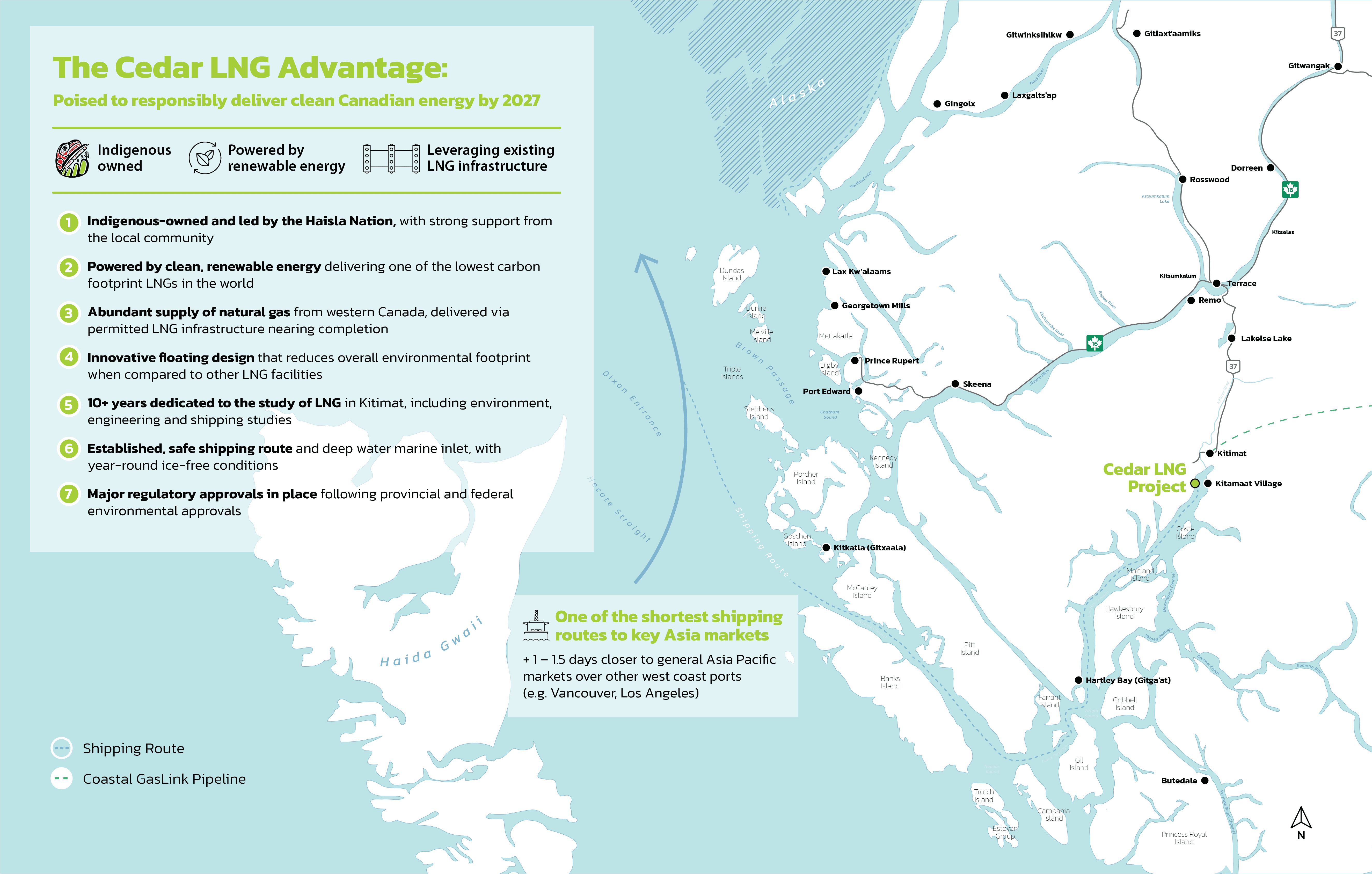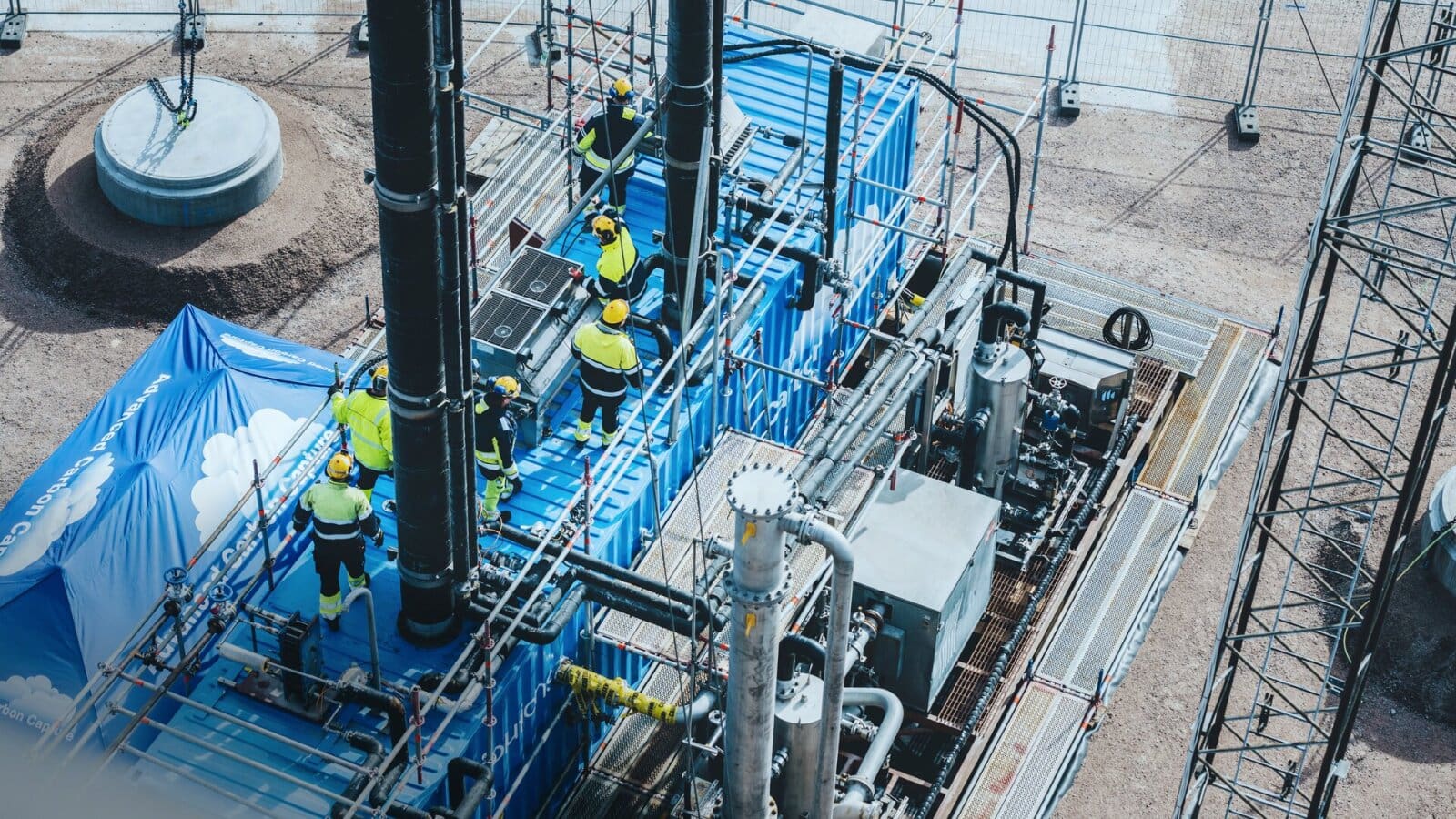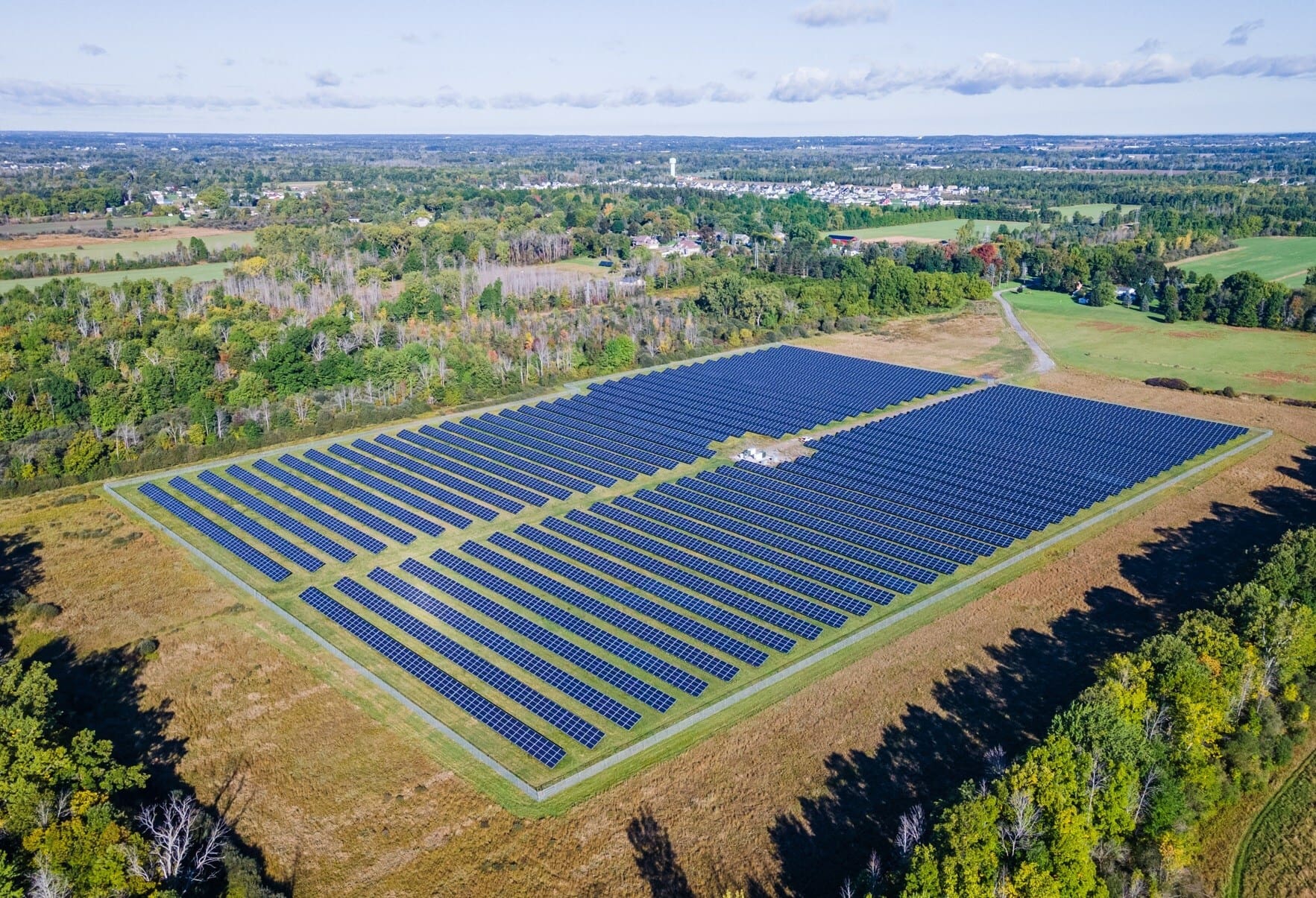DTE Energy (DTE) released its CleanVision plan, a 20-year proposal to dramatically transform how the company generates electricity as part of its clean energy journey, all while investing in a modern grid that is reliable and affordable. The proposed plan increases investment in solar and wind energy, accelerates the retirement of coal plants, and includes the development of new energy storage — all reinforcing DTE’s commitment to cleaner energy. “Across the country, and here in Michigan, the energy landscape is changing rapidly and fundamentally,” said Jerry Norcia, chair and chief executive officer of DTE Energy. “We are excited to power the grid with Michigan-made renewable energy, existing nuclear, and natural gas. These new solar and wind assets, enough to power approximately 4 million households, will replace our retiring coal power plants, resulting in a cleaner environment for Michigan families, communities, and businesses. We are proud our plan invests US$9 billion into Michigan’s economy over the next 10 years, supporting more than 25,000 Michigan jobs. This transformational plan is complimented by our announcement last year to invest an additional US$8 billion to modernize the electric grid, making it more resilient to extreme weather and more reliable as we plan for increased customer demand.”
DTE’s proposal will be filed with the Michigan Public Service Commission (MPSC) in what is referred to as an Integrated Resource Plan (IRP). Key details of DTE’s proposal include:
- Transforming how the company generates electricity over the next two decades.
- Developing more than 15 GW of renewables to power homes.
- Building more than 1.8 GW of energy storage to support the company’s clean energy transformation — more than doubling current storage capacity.
- Ending DTE’s use of coal by 2035 with a responsible, phased retirement schedule of the Belle River and Monroe coal power plants, which account for approximately 40% of the company’s current energy mix.
- Accelerating the retirement of coal at the Belle River Power Plant to 2026 from 2028.
- Launching the phased retirement of the Monroe Power Plant, one of the largest coal plants in the country, in 2028, nearly 12 years earlier than the original planned date of by 2040.
- Delivering long-term customer value through:
- Projecting US$1.4 billion in future cost reductions.
- Repurposing an existing coal power plant at a fraction of the cost of building a new plant while accelerating reductions in carbon emissions.
By investing in cleaner sources of energy and accelerating the retirement of coal, DTE plans to surpass its previously announced carbon emissions reductions goals. The company’s emissions reductions goals are ahead of the timelines in the MI Healthy Climate Plan (MHCP) and will help support Michigan’s economy-wide greenhouse gas (GHG) emissions reductions interim timelines. DTE’s new goals include:
- Achieving 32% carbon dioxide (CO2) emissions reductions in 2023 — two years ahead of the MHCP timeline of 28% by 2025.
- Reducing CO2 emissions 65% in 2028 (previously 50%), also surpassing the MHCP timeline of 52% by 2030.
- Targeting 85% CO2 reduction in 2035.
- Targeting 90% CO2 reduction (previously 80%) by 2040.
“We know natural gas plays an important role in a diverse energy mix, and that is why repurposing our Belle River power plant to run on natural gas instead of coal, alongside 24/7 carbon-free nuclear energy, will significantly reduce emissions while providing energy to meet periods of high customer demand,” said Trevor Lauer, president and chief operating officer of DTE. “These 24/7 assets allow the company to add thousands of megawatts of renewables onto the grid while also creating a bridge to new, emerging technologies that we expect in the years to come”
As DTE transforms how it produces electricity and retires its remaining coal plants, the company will provide retraining for employees impacted by the coal plant retirements and will also partner with the local communities who hosted these coal-fired plants.
DTE undertook a year-long, comprehensive analysis that reflected insights shared by the company’s customers and other stakeholders to build the plan. The company believes it offers a balanced and diversified approach for the transition of the company’s generation fleet, while complementing its commitment to build a reliable and resilient electric grid. Last year, DTE announced a plan to develop this grid of the future that will withstand increasingly unpredictable and severe weather while meeting the evolving demands — like transportation electrification — of its customers and communities.

















